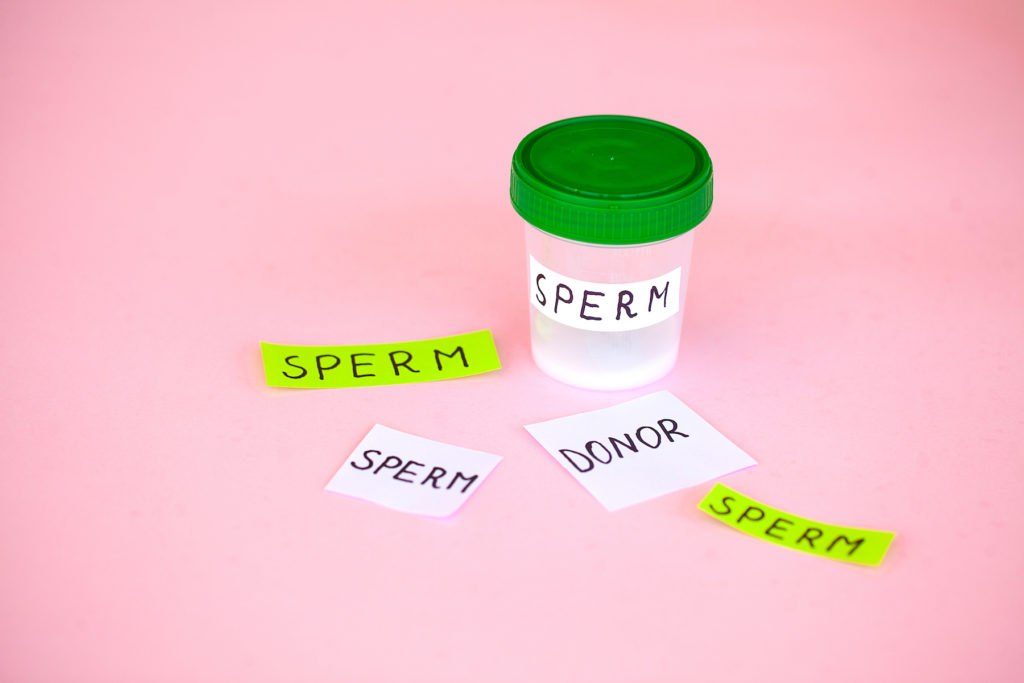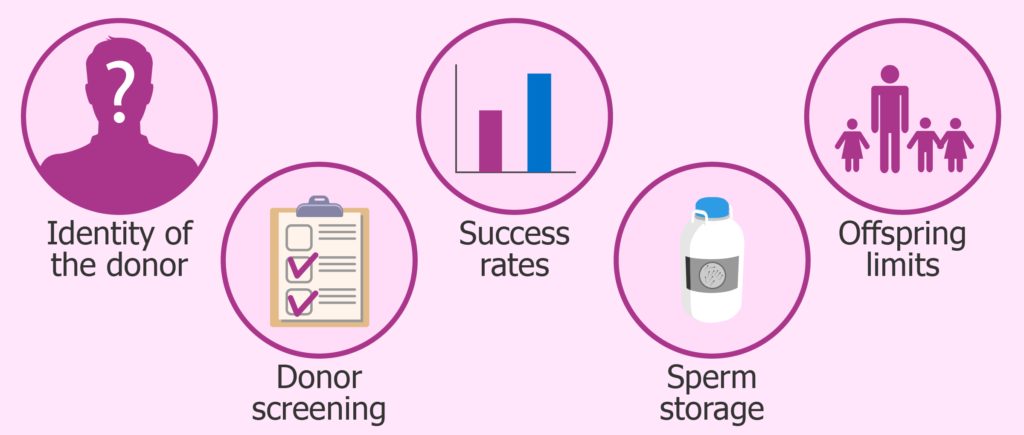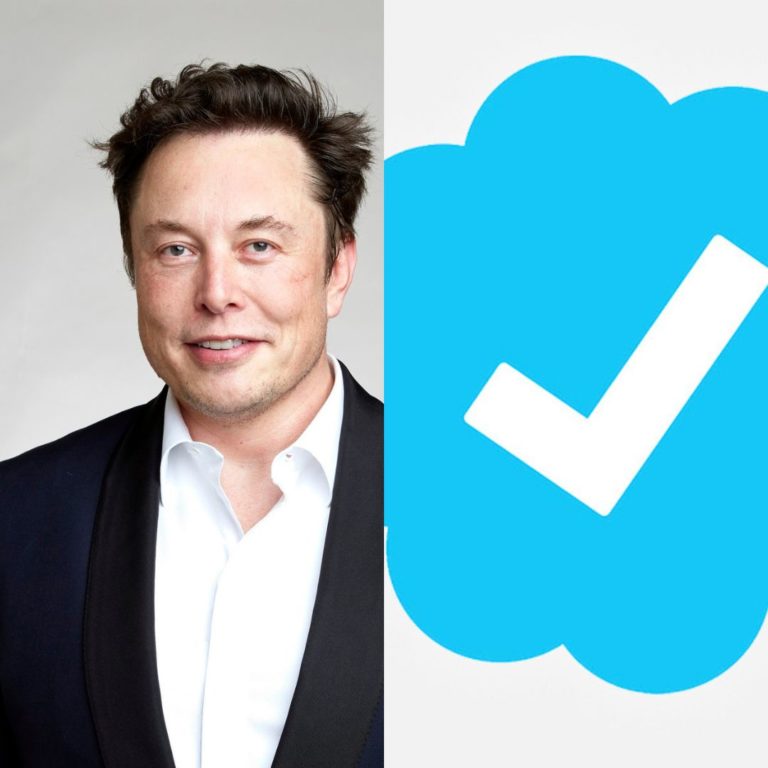I recently just discovered sperm donation in Nigeria, and I think more people need to know about it. And no, you can’t just walk into a sperm bank, donate sperm, get money, and go. It’s not as easy as you think. Here’s all you need to know.
What is sperm donation?
Mayo Clinic says it’s a “procedure in which a man donates semen — the fluid containing sperm that is released during ejaculation — to help an individual or a couple conceive a baby.”
A sperm donor doesn’t have to be a stranger. Sometimes, couples use a known donor such as a friend or relative. But that may complicate the process as you’ll have to pay close attention to the psychological, ethical, and moral issues involved.

Requirements
Not just anybody can walk into a fertility centre and be a sperm donor. First things first, to qualify, you’ll undergo a series of tests.
Physical tests: You’ll have to do a complete physical and genital examination, checking for urethral discharge, genital warts and ulcers. You’ll be screened for infectious diseases like syphilis, Hepatitis B and C, HIV and gonorrhoea. If you become a regular donor, you’ll have physical exams every six months for as long as you’re donating.
Genetic screening: Next, tests will be carried out to find out if you’re a carrier of any genetic or inherited diseases. You’ll be screened for conditions such as sickle cell anaemia, high blood pressure, diabetes, or any type of cancer. They’ll run very extensive tests at this stage, so be ready.
Semen test: Yes, that’s right. For this one, you’ll be asked not to ejaculate for 48 to 72 hours (it varies for different centres). If you’re a smoker, you’ll be asked not to smoke for a week. These restrictions are so that your sperm can be analysed properly for quality, quantity and motility. You will need to provide samples of your semen after the stipulated hours.
Personal and sexual history screening: Here, you’ll be asked questions about your daily activities, hobbies, habits, education, etc. They’ll also ask about your sexual history: interests, drug use, etc.
Mental screening:
Age: It varies for different centres, but the average age range for donors is 18 to 40 years old.

RELATED: I Got A Vasectomy. Here’s How It Went
What’s the actual donation process?
You go into a private room and ejaculate into a cup. Once you’re done, the sample will be frozen and stored in quarantine for at least six months. Then, you’ll be re-tested for infectious diseases, particularly HIV. If all of the tests come back negative, your frozen sample will be thawed, and the quantity, quality and motility will be assessed again. Some men’s sperm samples are more prone to damage during the freezing process than others.
Counselling and confidentiality
When it comes to sperm donation, counselling is essential. Most of the time, you’ll be asked to waive all rights to the donated sperm and the identities of the recipients. Confidentiality is ensured both ways; your identity will not be revealed either. Before signing the consent form, it’s important to ask questions so you’re aware of all the terms and conditions.
How much does it pay?
Hospitals and fertility centres pay differently. Some don’t pay at all, while others pay between ₦30k-₦50k per donation. Payment is intended to compensate you for your time throughout the process and should not be the main incentive for donating. That’s why the amount is typically low.
Where can you donate sperm?
There are a number of hospitals and fertility centres across Nigeria where you can go to donate sperm. Just do proper research to find a good one close to you.
ALSO READ: I Keep My Egg Donation Hustle A Secret — A Week in the Life of an Egg Donor




